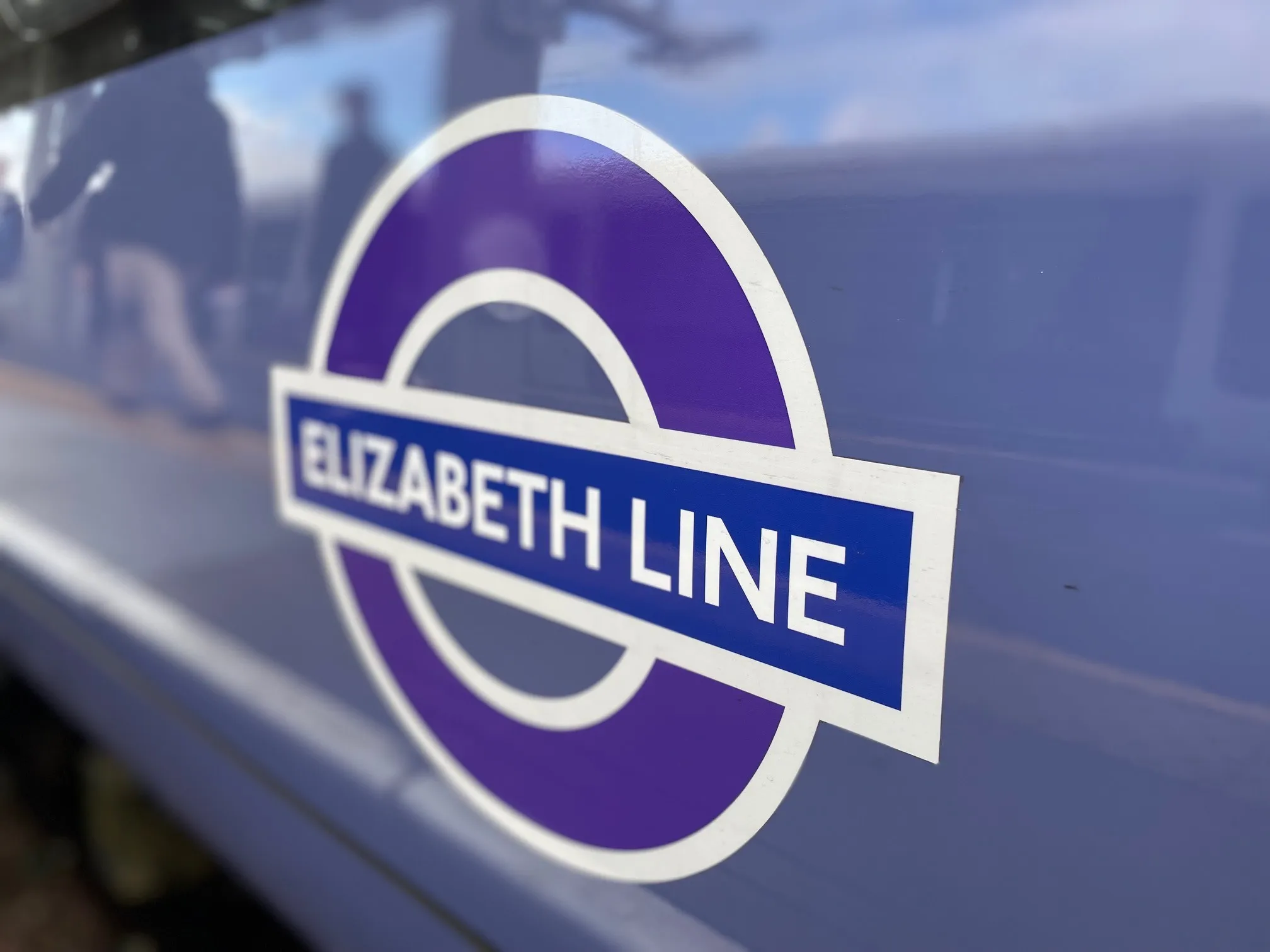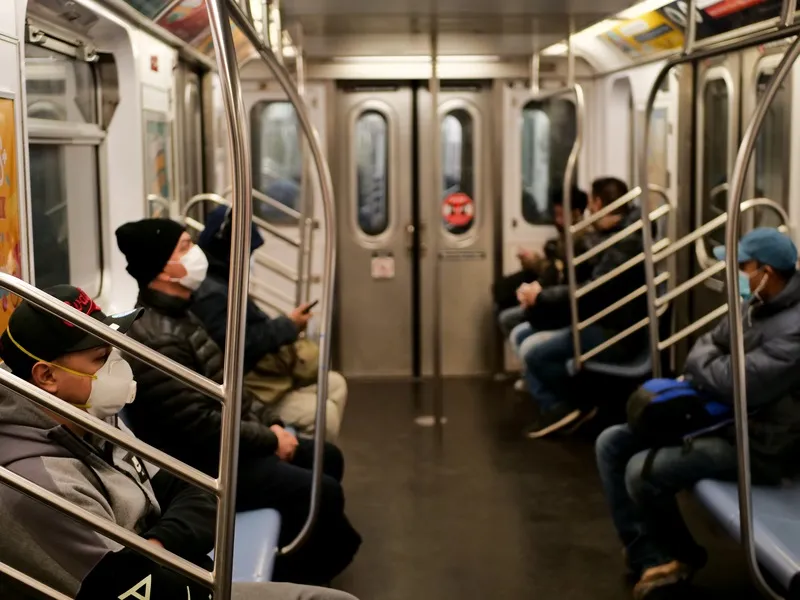
London's newest public transportation line opened today.
Construction of the £19bn Elizabeth Line, named after the UK's 96-year-old monarch Queen Elizabeth II, began in 2009.
Designed to speed up travel between the east and west of the UK capital and its surrounds, it was due to open in 2018 but was delayed by engineering difficulties.
The new route is 62 miles (100km), including 25.5 miles (41km) under London and 36.5 miles (59km) above ground.
It halves journey times from Abbey Wood, south-east of London, to Paddington in the centre, to 29 minutes.
While there has been criticism of the 'Crossrail' infrastructure project's $4bn overspend and late opening, much has been made of the economic advantages of having trains running every five minutes via the commercial areas of Canary Wharf and the City of London, as well as into the retail and entertainment areas of the capital's West End.
Mohamed Mezghani, secretary-general of the International Association of Public Transport (UITP), tweeted: "£19bn investment for £42bn positive impact on the economy of London: public transport is good for the economy."
Until autumn 2022, the Elizabeth Line will run as three separate railways, but it is expected to be fully linked after that, connecting to the city of Reading, west of London, and Heathrow Airport, through to the county of Essex to the north-east of London.








